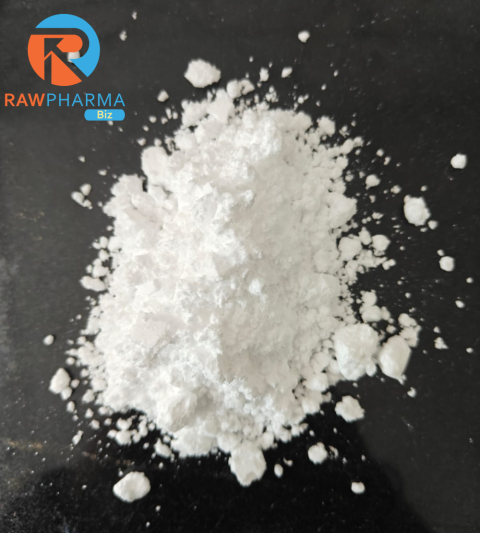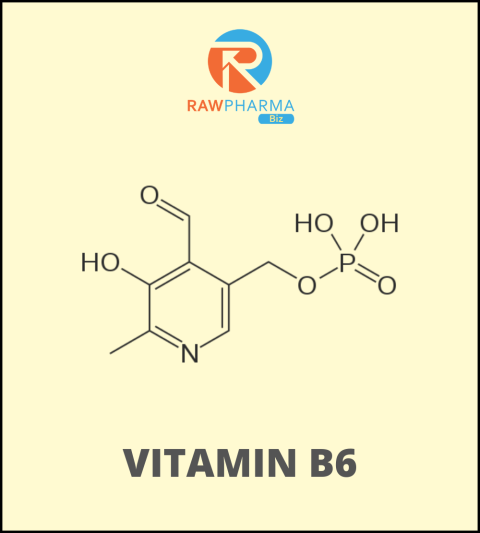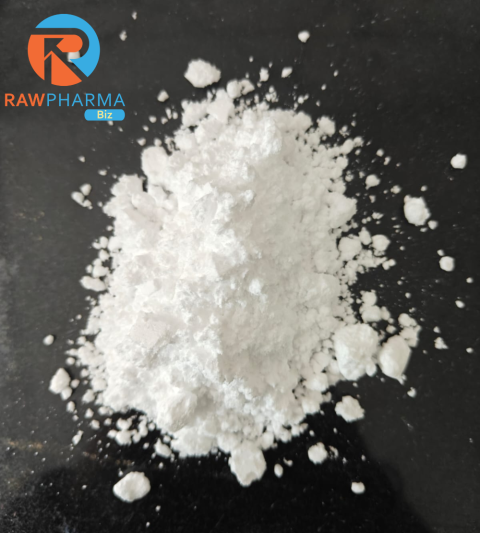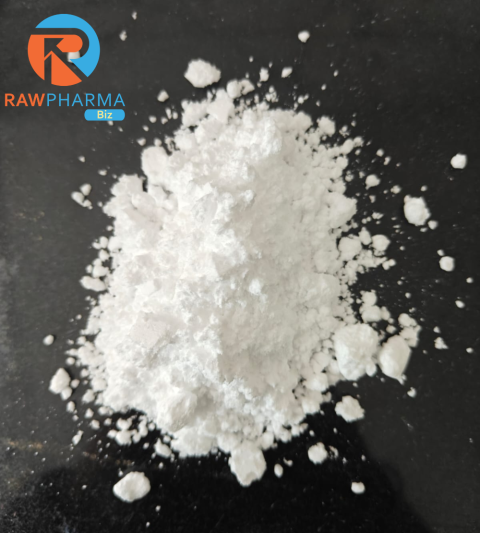Vitamin B6 25Kg Pack
Short Descriptions
Vitamin B6, also known as pyridoxine, is a vital nutrient essential for over 100 enzyme reactions involved in metabolism, brain development, and immune function. It plays a crucial role in the synthesis of neurotransmitters like serotonin and supports the production of hemoglobin, which carries oxygen in red blood cells. Vitamin B6 is found in various foods like poultry, fish, vegetables, and bananas, and is commonly taken as a supplement to support overall health and well-being.
More Information
Details
Vitamin B6, scientifically known as pyridoxine, is a water-soluble nutrient that serves as a vital coenzyme in over 100 enzymatic reactions involved in metabolism. It plays a crucial role in converting carbohydrates, proteins, and fats into energy, making it indispensable for overall metabolic function and vitality. Beyond its metabolic functions, vitamin B6 is essential for neurotransmitter synthesis, particularly serotonin, which regulates mood, sleep, and appetite, as well as dopamine and GABA, which influence mood and cognitive function. By supporting neurotransmitter production, pyridoxine contributes significantly to mental well-being and emotional balance.
Moreover, vitamin B6 is integral to hemoglobin production, the protein in red blood cells responsible for oxygen transport throughout the body. Adequate levels of pyridoxine ensure sufficient hemoglobin synthesis, thereby supporting optimal oxygenation of tissues and organs, essential for overall health and vitality. In terms of immune function, vitamin B6 plays a critical role in the production and activity of immune cells, bolstering the body's defense mechanisms against infections and diseases.
The nervous system also benefits from vitamin B6, as it contributes to the formation of myelin, the protective sheath around nerves that facilitates efficient nerve impulse transmission. This function is crucial for maintaining healthy nerve function and overall neurological health. Additionally, pyridoxine participates in hormone regulation, gene expression, and the conversion of tryptophan to niacin, another B vitamin important for skin health and energy metabolism.
Food sources rich in vitamin B6 include poultry, fish, potatoes, chickpeas, bananas, fortified cereals, nuts, and seeds. While deficiencies are relatively rare in developed countries, certain conditions such as malabsorption disorders or specific medications may increase the risk of inadequacy. In such cases, supplementation under medical guidance may be recommended to maintain optimal health and prevent deficiency-related symptoms.
In summary, vitamin B6 is an essential nutrient with diverse physiological roles ranging from energy metabolism and neurotransmitter synthesis to immune support and nervous system health. Its multifaceted contributions underscore its importance in maintaining overall health and well-being, making it a fundamental component of a balanced and nutritious diet.





![Vitamin B3 IP Grade [Niacin] 25Kg Pack](https://rawpharmabiz.com/cache/large/product/280/NNhFkzdLXcYFhvTjxRpANuTgmBiNeZmEXF1qBAQO.png)
